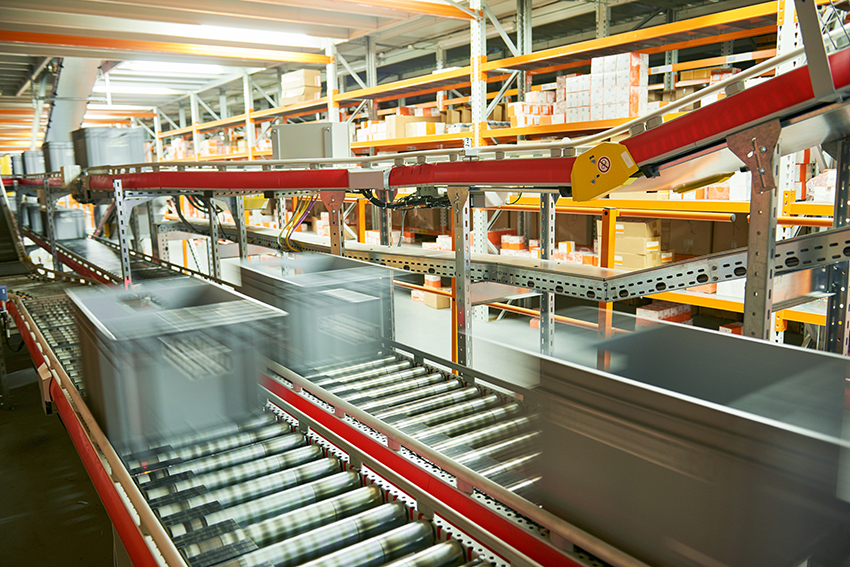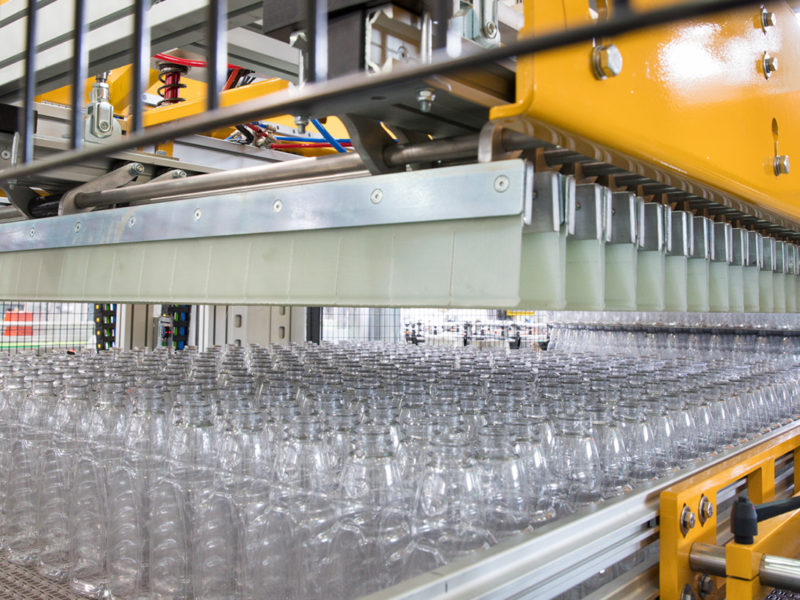
Innovation for the E-Commerce Market
Clevertech has recently developed two projects for the e-commerce industry, inaugurating a branch of research and applications of great interest for the future.
The number of Internet users worldwide is 4.3 billion, with around half of them from the Asia-Pacific area. Of these users, 3.9 billion use a mobile network, with which 59% make online purchases. By the end of 2021, it is estimated that 73% of online purchases will be made from mobile platforms.
The value of the retail e-commerce market is undergoing significant growth worldwide: 2018 saw a year-on-year increase of 12%, and by 2022 total retail sales are expected to reach 4,035 billion dollars.
E-Commerce in Italy and Around the World
During the COVID-19 emergency, the e-commerce sector has turned out to be of strategic importance in helping people cope with restrictions imposed on movements all over the world.
The e-commerce market has allowed numerous companies to keep their businesses running despite the lockdown. This experience has created a precedent which will also be used in the future, leading companies towards a multi-channel approach in their relative sectors.

The e-commerce market has allowed numerous companies to keep their businesses running despite the lockdown. This experience has created a precedent which will also be used in the future, leading companies towards a multi-channel approach in their relative sectors.
A recent survey by Netcomm found that e-commerce in Italy has recorded three-figure growth: two million new users compared to 700 thousand last year. Leading this trend are companies in the food and domestic supplies sector. “There are two million new e-shoppers in Italy, bringing the total to 29 million,” said Roberto Liscia, president of Netcomm; of these, the company estimates 1.3 million can be attributed to the impact of COVID-19. With habits, consumption and purchase processes constantly evolving, there are five challenges that traditional retailers will need to deal with:
Increasing choice, including through the use of whole-of-market agreements and alliances; price transparency; changes to physical outlets; strengthening services; and creating a true omni-channel experience. We will be concentrating on these aspects in the coming months
Liscia concluded.
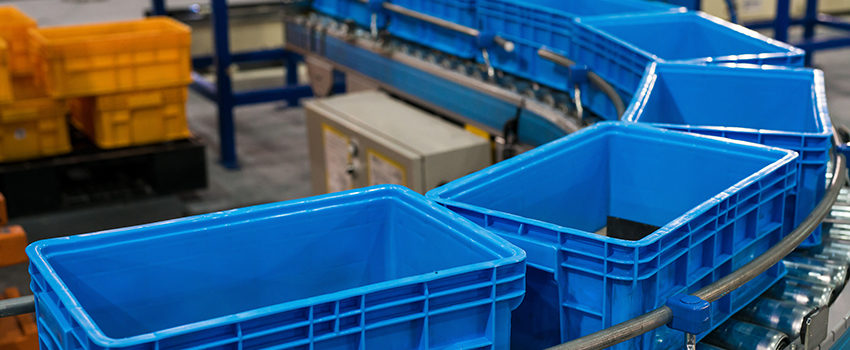
Amongst companies which were already active in online sales, 77% said they had acquired new customers within the first two weeks of the restrictions being applied.
E-commerce is therefore the sector which will see the greatest growth worldwide – up to +55% – following the COVID-19 emergency, followed by modern food retail (online orders via e-commerce websites, social networks, messaging apps, click&collect, proximity ecommerce) – up to +23% – and pharmaceutical wholesales, with up to +15%.
E-commerce in Europe
Ecommerce Europe also conducted a survey of all the National E-commerce Associations in order to understand the general situation in all countries and the complex effects of the pandemic on the e-commerce sector, including logistical aspects. The survey involved the members of 15 European National E-commerce Associations, covering thirteen different countries. 64% of interviewees said that retailers in their countries who had had to close their physical outlets were offering their customers delivery alternatives, and in 78% of cases had set up an e-commerce presence. E-commerce proved crucial in supplying essential goods to European citizens forced to stay at home due to restrictions on movement, and it was necessary to leave borders open to allow supplies and sales.
Clevertech’s Projects
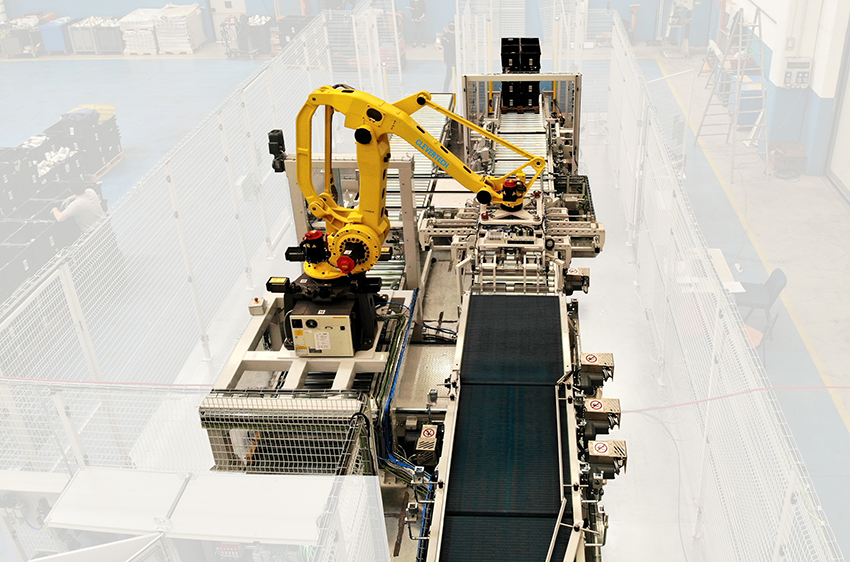
The projects developed by Clevertech involve innovative systems for handling totes, crates used by the big players in e-commerce to transfer products between fulfilment centres. Mixed totes are created in these fulfilment centres containing different kinds of items on the basis of the destination logistical requirements. Clevertech has developed two systems for totes which open up new market scenarios in the e-commerce sector, where this tool is adopted daily in product handling operations.
These Innovative solutions have been developed hand-in-hand with the customer, one of the biggest players in the field, to create a system which was not yet available for that specific application. The customised solution started with the development of a proof of concept prototype by Clevertech’s R&D department, in partnership with the customer’s internal engineering department. Once approved, the first physical unit was built. The second step of the project involves standardising the prototype to make it available to all fulfilment centres. Clevertech’s capacity for engineering and research was therefore greatly appreciated, along with the company’s ability to standardise these innovations to facilitate their application worldwide, in view of the customer’s significant planned investments in automation.
Depalletisation for the E-Commerce Market
The first project involved a robotic Tote Depalletiser designed by Clevertech; this is composed of an innovative layer picking system which allows various types of totes (truncated cone and square) to be managed, with complete layers of totes being picked each cycle, significantly increasing speeds while maintaining a limited footprint.
To ensure that system efficiency is kept high regardless of the quality of the totes (any breakages due to transport, etc.), the Robot Depal was also equipped with a pallet shape control and vision system.
Miniloader Tote Handler for Mixed Products
The second project involved the development of a miniloader, Tote Handler, to automate an operation currently performed manually.
This machine, unlike the most common uses of miniloaders, is not used in static storage warehouses, but serves an existing dynamic vertical sorting system. This makes it a machine which is able to perform very high frequency tote retrieval and replenishment operations, assisted by a dynamic system for monitoring the tote utilisation volume in order to optimise their use and, as a consequence, reduce the intralogistic transportation costs.
The Tote Handler designed by Clevertech picks totes with mixed products created by the UIS machine, replaces them with an empty tote and positions them on a conveyor belt which transports them to the palletising islands or subsequent stations.
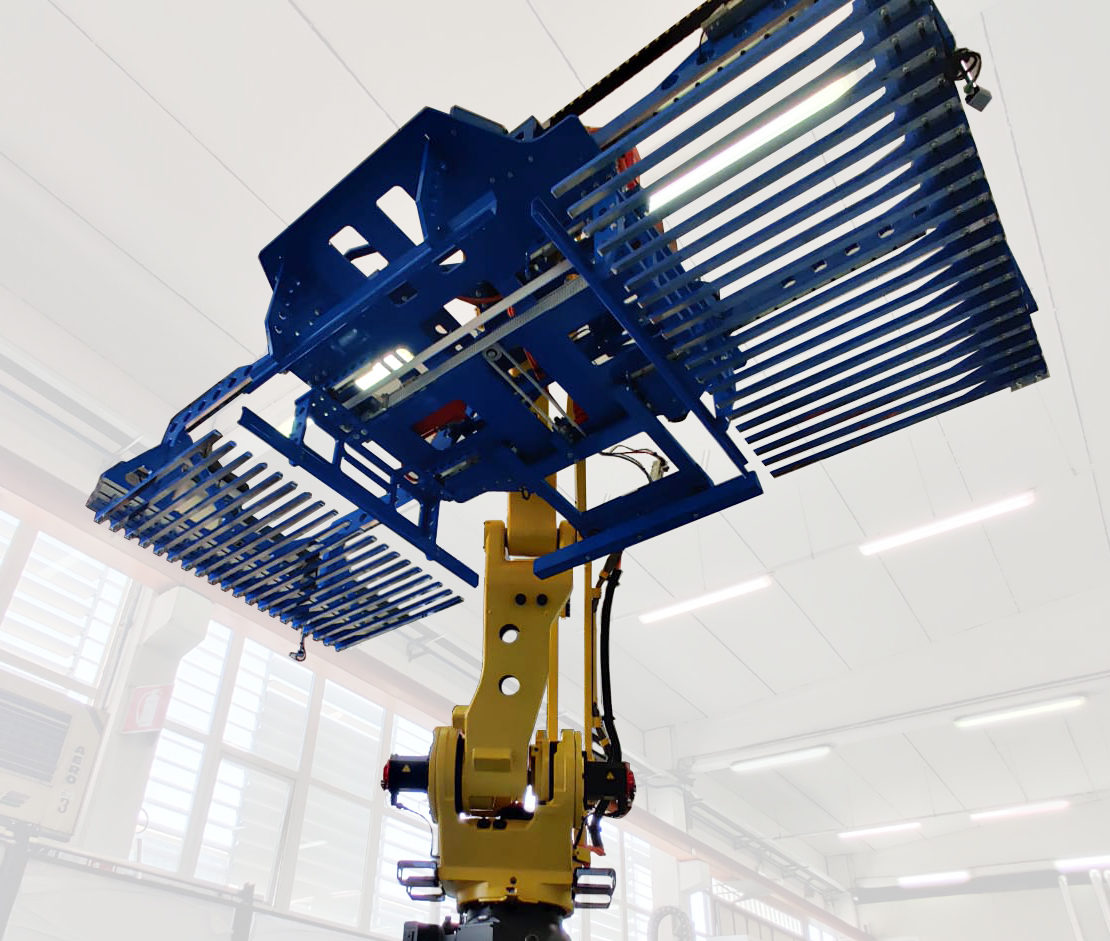
The introduction of the Tote Handler, as well as replacing a manual operation which adds little value, improves the performance of the vertical sorting system through the introduction of a special vision system developed by Clevertech’s engineering department. The machine integrates with the existing one, without the need for direct intervention on the existing machines, offering a solution which can be considered the first on the market for a specific e-commerce application.
The Tote Handler has a limited footprint and reaches very high speeds. The introduction of the active video-camera based monitoring systems has permitted the elimination of production stoppages caused by the variability of the products which must be managed by the sorting system, as well as the human fallibility caused by the presence of a manual operator.
Miniloaders, Storage/Retrieval Systems for E-Commerce
The solution created for this market leader represents, to all intents and purposes, the inauguration of a new range of products on the market: the Miniloader.
Compared to other automated storage and retrieval systems on the market, Clevertech’s solutions are born of a high level of customisation and our partnership with a customer which is the undisputed leader in the e-commerce market. It therefore represents a genuine innovation, and a field of application in which Clevertech is a pioneer.
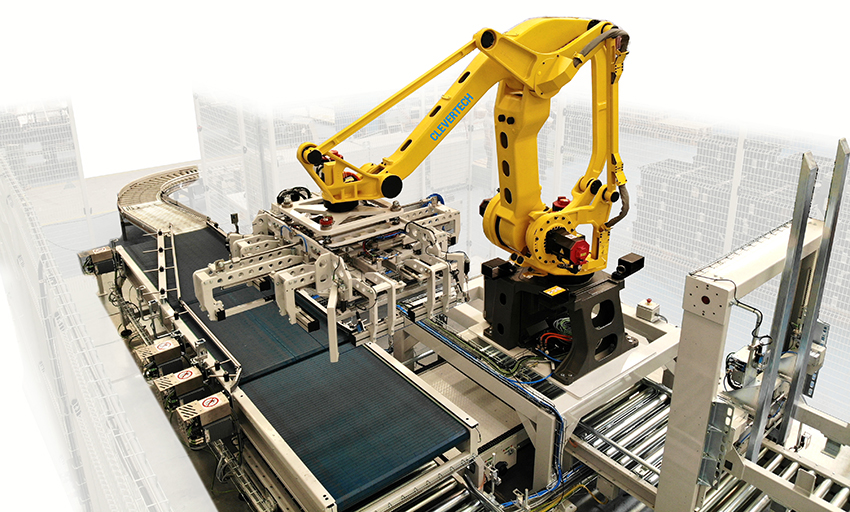
The exponential growth of e-commerce has led not only to new forms of goods handling, but is also transforming production warehouses: their processes are evolving and the use of totes is picking up pace, alongside the more traditional use of pallets.
In addition to this, secondary packaging is moving towards the use of smaller cartons, mixed cartons or those with different openings to facilitate the manual picking performed in the fulfilment centres.
In general terms, we are working towards a product which will eventually allow the automation of e-commerce processes.
Clevertech’s systems are supported by FMEA – failure mode and effect analysis – documentation, a protocol which analyses the system and checks for potential process failure and defect issues. This analysis guarantees the highest level of efficiency and is used by the biggest player in the market.
Our partnership with a customer of this size has allowed Clevertech to begin an in-depth analysis of the requirements and dynamics of the world of e-commerce, which will undoubtedly be an area that keeps us very busy in the future.
